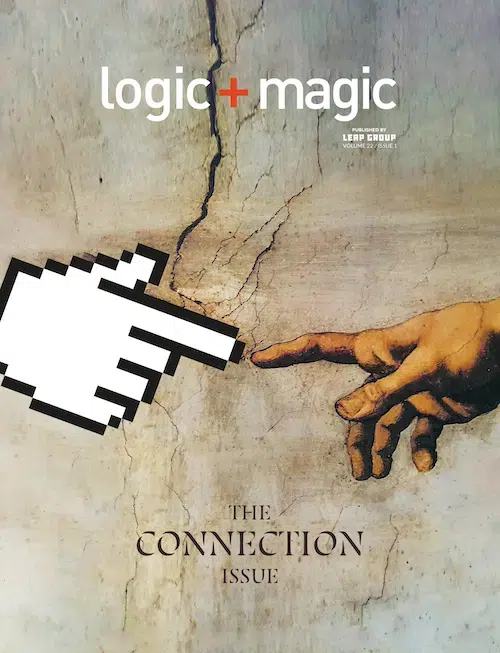It’s more fun to think of budgeting for your business in Monopoly terms.
- Three $500 bills to fix website issues.
- Trading in a hotel spot for a new website.
- You landed on Park Place! You get a whole new e-commerce strategy!
- Out of money? Just steal from the bank when your competitors aren’t looking.
But when it comes to running a business, the money you’re dealing with is real dollars and cents – not color-coded, thin bills. It needs to be spent wisely and in a lot of places, in order to maintain a successful business so you don’t have to “steal” from your bank.
Time and time again, we hear from our clients that the first place they begin taking dollars from is their marketing budget.
While it may seem like the most flexible space in a yearly planning budget, we believe it’s:
- Not necessary.
- More detrimental to your business than tailoring other areas.
To help you allow for significant marketing strategies, we’ve put together some tips that can help you plan your next budget more efficiently.
Start at the Beginning of the Year
If you’re in the middle of your fiscal year, don’t derail your plans. It’s likely you budgeted with a purpose, and you don’t want to let plans slide that could be caught in next year’s marketing strategy.
That said, while you’re in the middle of a fiscal year, begin taking notes on what can be taken out of next year’s budget. What was working and what wasn’t? What projects are wrapped up that have left over dollars you could reallocate toward marketing? Has anything happened this year you need to plan for next year?
Marketing will always be the first bowl from which to fish marketing dollars. At a certain point, your business will need a well-developed marketing strategy in order to move forward.
Collect Data
When we partner with businesses, our first step is always a discovery into their brand. We want to know who their target audience is, where they’re spending their time on the internet and what kind of content they enjoy. This information allows you to make smart decisions when it comes to marketing. You’d hate to be putting dollars on LinkedIn when the majority of your audience is on Instagram.
This data collection does not have to be cumbersome. Begin by taking note of how many likes posts receive to see what types of posts engage your audience more than others. There are also tools and software available to tell you where people are spending their time on your website, how they got there and what makes them convert or leave.
But remember, you’re busy running a business. You want to avoid analytics becoming another time-consuming responsibility for you. We love this step of partnering with clients and would love to help you determine where your dollars can best be spent.
Determine Business Goals
So, you want to initiate a marketing campaign – why? Determine where you would like to see your business grow over the next year, then plan backwards. This will help you develop a full-fledged plan that will meet your business objectives.
Understand Marketing Tools
Depending on what areas you’re trying to grow for your business (awareness, social, lead generation, retention, etc.) there are tools that will make your new responsibility easier.
For instance, if you’re boosting your social media, check out Sprout Social or Hootsuite. These tools allow you to schedule yours posts so you don’t have to worry about doing so manually in real-time, making sure you won’t miss a post, or worse, make a typo.
If you’re looking to track your already moving marketing campaigns, HubSpot is an efficient CRM tool that lets you set business goals, determine a scoring value and follow your consumers across their entire journey with your brand.
Before you begin strategizing, research tools that will make your marketing plans more efficient.
Determine Steps Needed to Accomplish Marketing
Marketing cannot begin once money is allocated. You have to determine the most effective way to spend your marketing budget that will meet your business objectives. If your campaign needs new headshots, a photographer will need to get involved. If you’re wanting to boost your social channels, paid ads (and the accompanying creative) will need to be crafted.
Most often, a marketing campaign comes with additional pieces that may need to be bought and/or outsourced. Planning for that will make sure you don’t exceed budget or lower expectations for the campaign.
Track + Measure
Once your marketing campaign is live, measure it often. At (spark), we track campaigns in real-time in order to reallocate dollars toward plans that are engaging. This measurement also provides insight into how effective your campaign was. This means you’ll be able to determine if you need to plan a different marketing strategy the following year, or potentially increase your marketing budget yet again.
Beginning a marketing campaign is no easy feat – no matter the type of campaign. (spark) wants to make this easier by allowing you the room to run your business while we run your marketing.

